‘Governments should not pick winners or losers’: OpenAI CEO Sam Altman takes to X in damage control mode after government ‘backstop’ comments
The OpenAI chief insists the company’s revenue streams will surge in the coming years

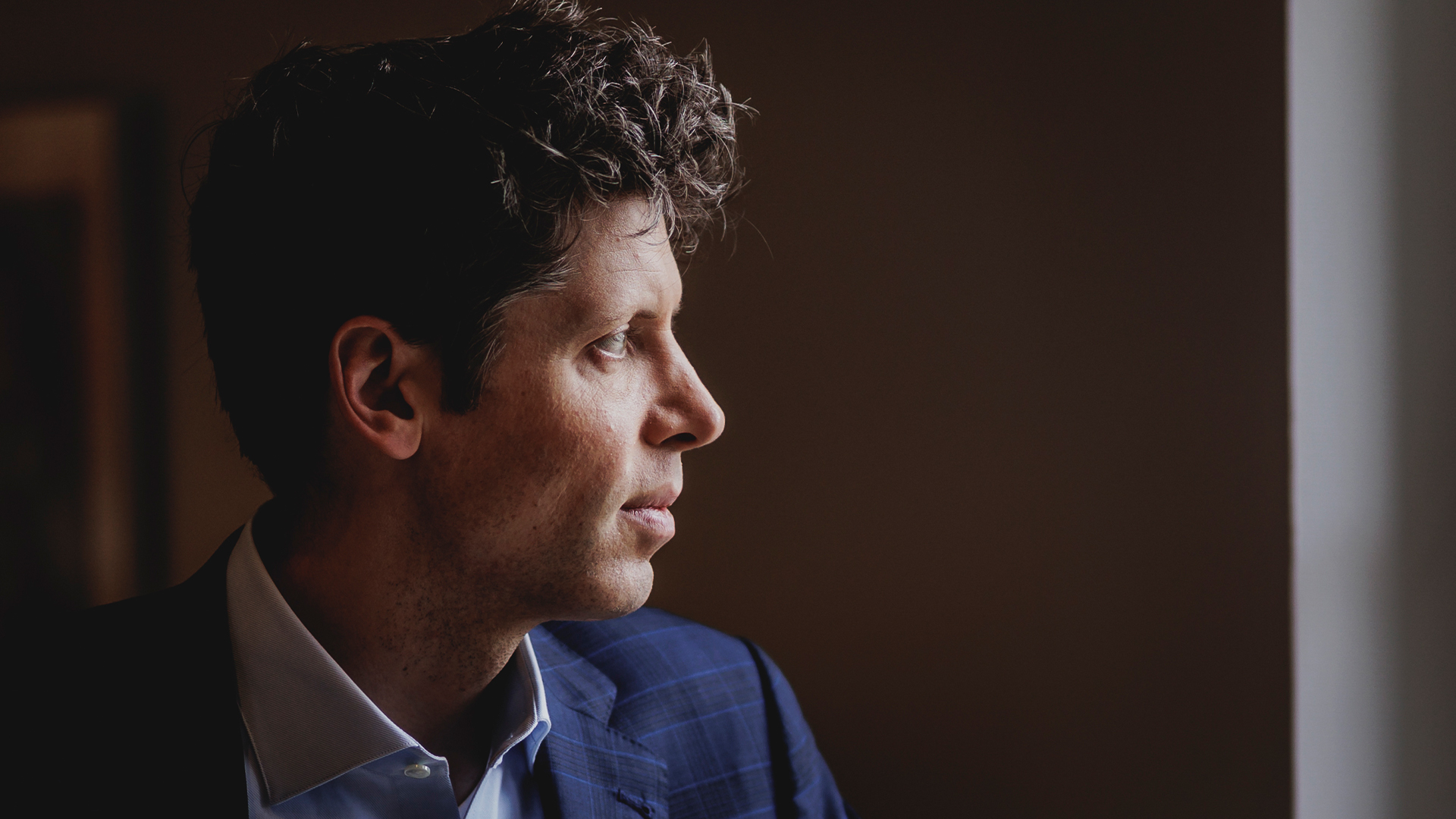
Sign up today and you will receive a free copy of our Future Focus 2025 report - the leading guidance on AI, cybersecurity and other IT challenges as per 700+ senior executives
You are now subscribed
Your newsletter sign-up was successful
OpenAI CEO Sam Altman appears to be in a state of damage control in the wake of recent comments touting potential government support for the AI company.
Earlier this week, OpenAI’s chief financial officer (CFO) Sarah Friar told attendees at a Wall Street Journal event she wanted a US government “backstop” or “guarantee” for the company’s huge infrastructure loans.
“We’re looking for an ecosystem of banks, private equity, maybe even governmental….the ways governments can come to bear,” she said.
When asked whether this referred to a “government subsidy”, Friar added this could instead come in the form of a backstop or guarantee that “allows the financing to happen”.
“...That can really drop the cost of the financing, but also increase the loan to value, so the amount of debt that you can take on top of an equity portion.”
Friar’s comments come amidst a huge spending spree at OpenAI, with the company having committed to more than a trillion dollars in funding for data center expansion over the next few years.
The company has been highly vocal about compute constraints in recent months, hindering growth and prompting big-money deals with Oracle, Broadcom, Nvidia, and more recently Amazon Web Services (AWS).
Sign up today and you will receive a free copy of our Future Focus 2025 report - the leading guidance on AI, cybersecurity and other IT challenges as per 700+ senior executives
Yet despite ambitious commitments, concerns have been rising over its ability to pay for these infrastructure plans.
OpenAI in damage control
Naturally, Friar’s comment set off some alarm bells, with venture capital (VC) investor and Trump administration AI czar David Sacks commenting on X that there would be “no federal bailout for AI”.
“The US has at least 5 major frontier model companies,” he said. “If one fails, others will take its place,” he wrote.
Of course, Friar wasn’t calling directly for a government bail out, despite reactionary claims circulating online. Regardless, the furor surrounding the comments prompted a u-turn from Friar in a post on LinkedIn just hours later.
“I used the word ‘backstop’ and it muddied the point,” Friar said. “As the full clip of my answer shows, I was making the point that American strength in technology will come from building real industrial capacity which requires the private sector and government playing their part.”
Altman also weighed in during a lengthy post on X, clarifying that the company does not have, or want “government guarantees for OpenAI datacenters”.
“We believe that governments should not pick winners or losers, and that taxpayers should not bail out companies that make bad business decisions or otherwise lose in the market,” he added.
Altman further noted that the company is on track to boost revenue streams in the coming years.
“We expect to end this year above $20 billion in annualized revenue run rate and grow to hundreds of billion by 2030,” he wrote. “We are looking at commitments of about $1.4 trillion over the next 8 years.”
OpenAI’s long-term viability is by no means a new talking point. Indeed, last year reports suggested the company was projected to record significant losses.
Just weeks later, OpenAI raised $6.6 billion in funding from a range of investors which included Microsoft, Nvidia, and an array of VC companies.
Altman has been vocal about the losses sustained by its flagship product, ChatGPT, noting earlier this year that it’s still “losing money” despite launching a pricey ChatGPT Pro subscription service.
Make sure to follow ITPro on Google News to keep tabs on all our latest news, analysis, and reviews.
MORE FROM ITPRO

Ross Kelly is ITPro's News & Analysis Editor, responsible for leading the brand's news output and in-depth reporting on the latest stories from across the business technology landscape. Ross was previously a Staff Writer, during which time he developed a keen interest in cyber security, business leadership, and emerging technologies.
He graduated from Edinburgh Napier University in 2016 with a BA (Hons) in Journalism, and joined ITPro in 2022 after four years working in technology conference research.
For news pitches, you can contact Ross at ross.kelly@futurenet.com, or on Twitter and LinkedIn.
-
 Anthropic researchers warn AI could 'inhibit skills formation' for developers
Anthropic researchers warn AI could 'inhibit skills formation' for developersNews A research paper from Anthropic suggests we need to be careful deploying AI to avoid losing critical skills
-
 CultureAI’s new partner program targets AI governance gains for resellers
CultureAI’s new partner program targets AI governance gains for resellersNews The new partner framework aims to help resellers turn AI governance gaps into scalable services revenue
-
 Snowflake and OpenAI are teaming up to help enterprises capitalize on their "most valuable asset"
Snowflake and OpenAI are teaming up to help enterprises capitalize on their "most valuable asset"News OpenAI models and tools will now be embedded within the Snowflake Intelligence and Cortex platforms
-
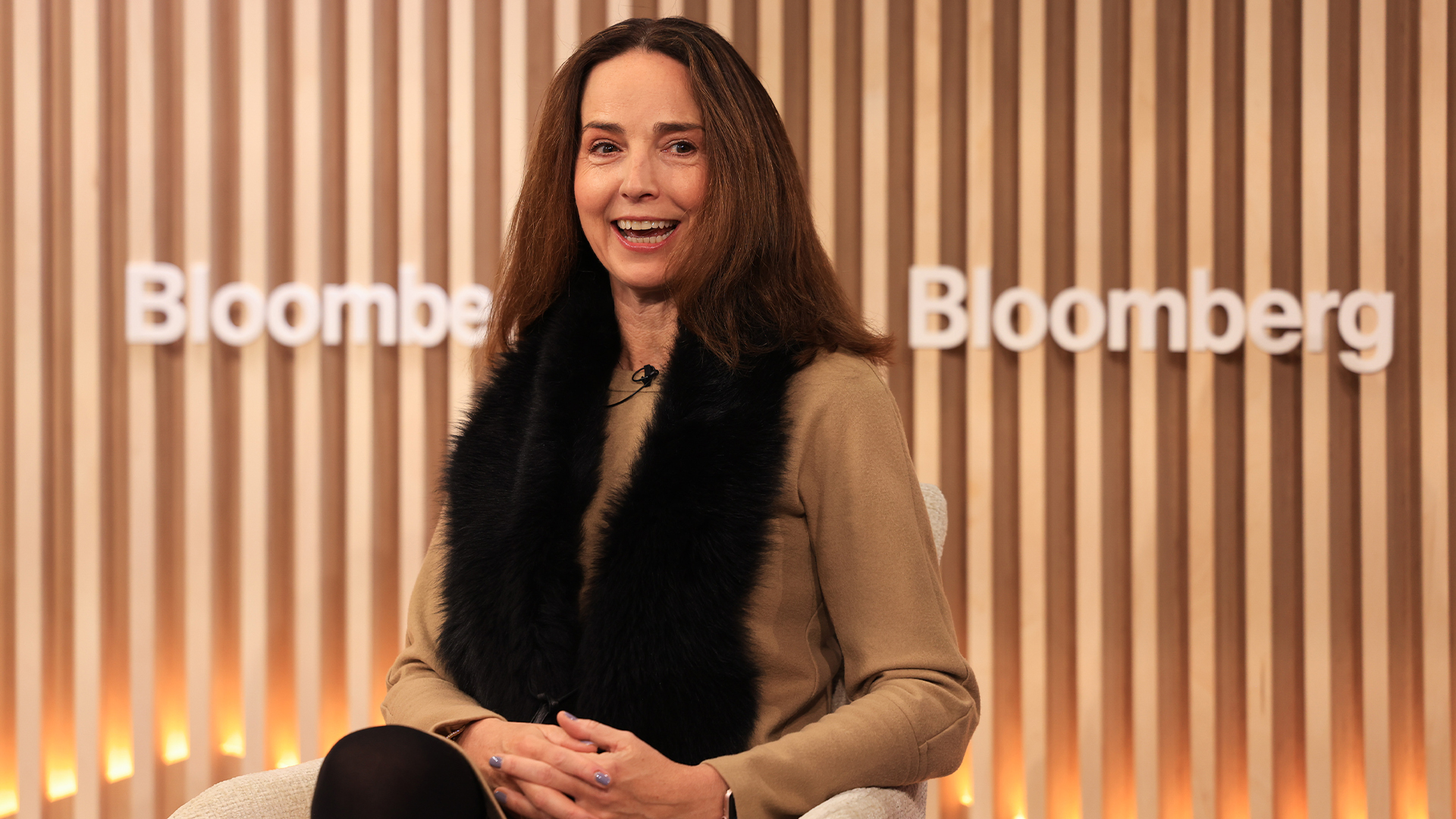 OpenAI CFO teases new money-making plans as AI giant targets 'practical adoption' gains in 2026 and beyond
OpenAI CFO teases new money-making plans as AI giant targets 'practical adoption' gains in 2026 and beyondNews OpenAI made $20bn in 2025 as it continues to expand revenue streams with ads and upcoming AI-powered devices
-
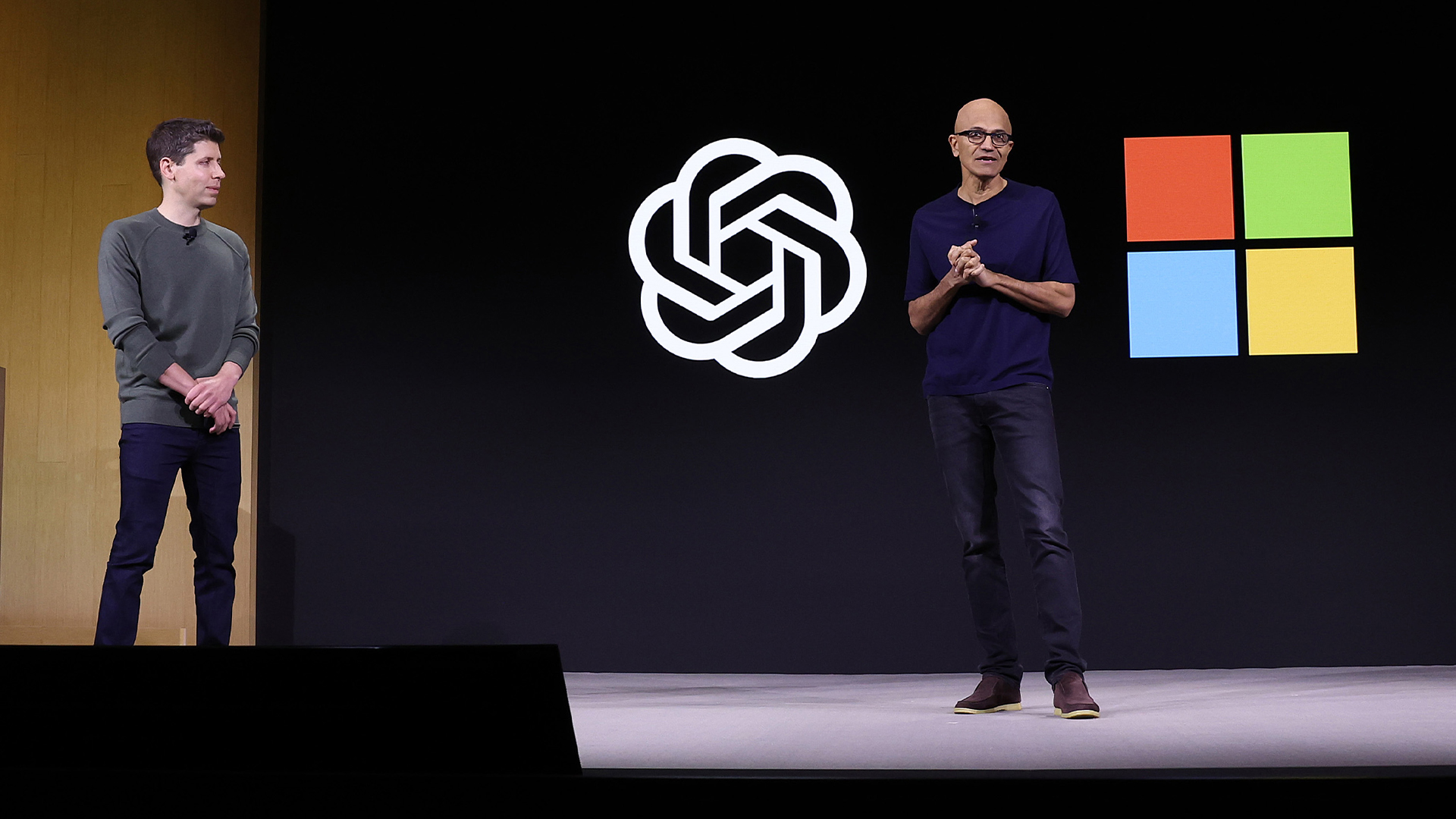 Microsoft gives OpenAI restructuring plans the green light – but its terms ensure it still wins in the long run
Microsoft gives OpenAI restructuring plans the green light – but its terms ensure it still wins in the long runNews The deal removes fundraising constraints and modifies Microsoft's rights to use OpenAI models and products
-
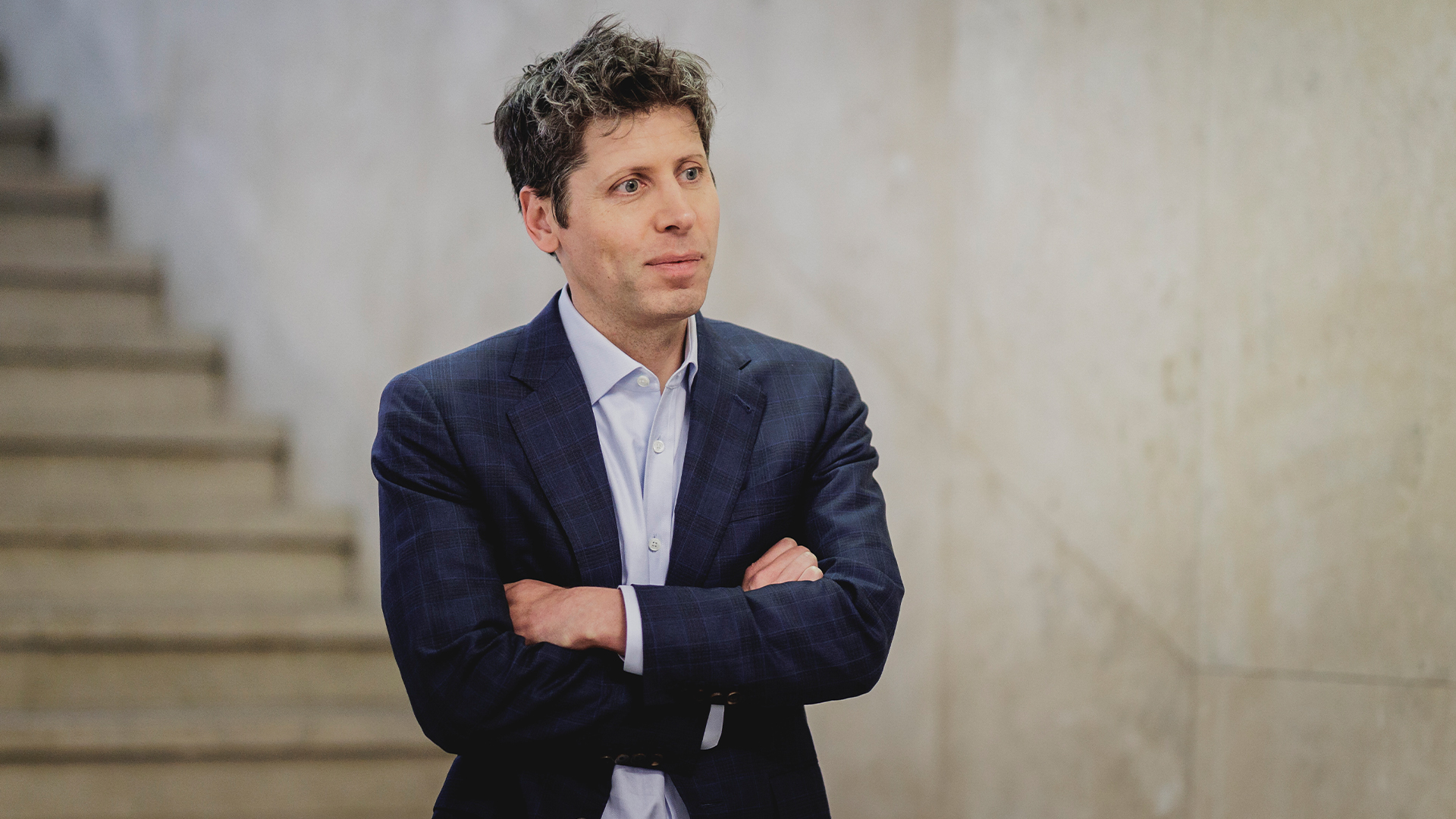 OpenAI has a bold plan to pay for its $1 trillion spending spree: Ads, personal assistants, and cheaper subscriptions
OpenAI has a bold plan to pay for its $1 trillion spending spree: Ads, personal assistants, and cheaper subscriptionsNews OpenAI has lined up more than $1 trillion in spending – and now it's trying to figure out how to pay for it all.
-
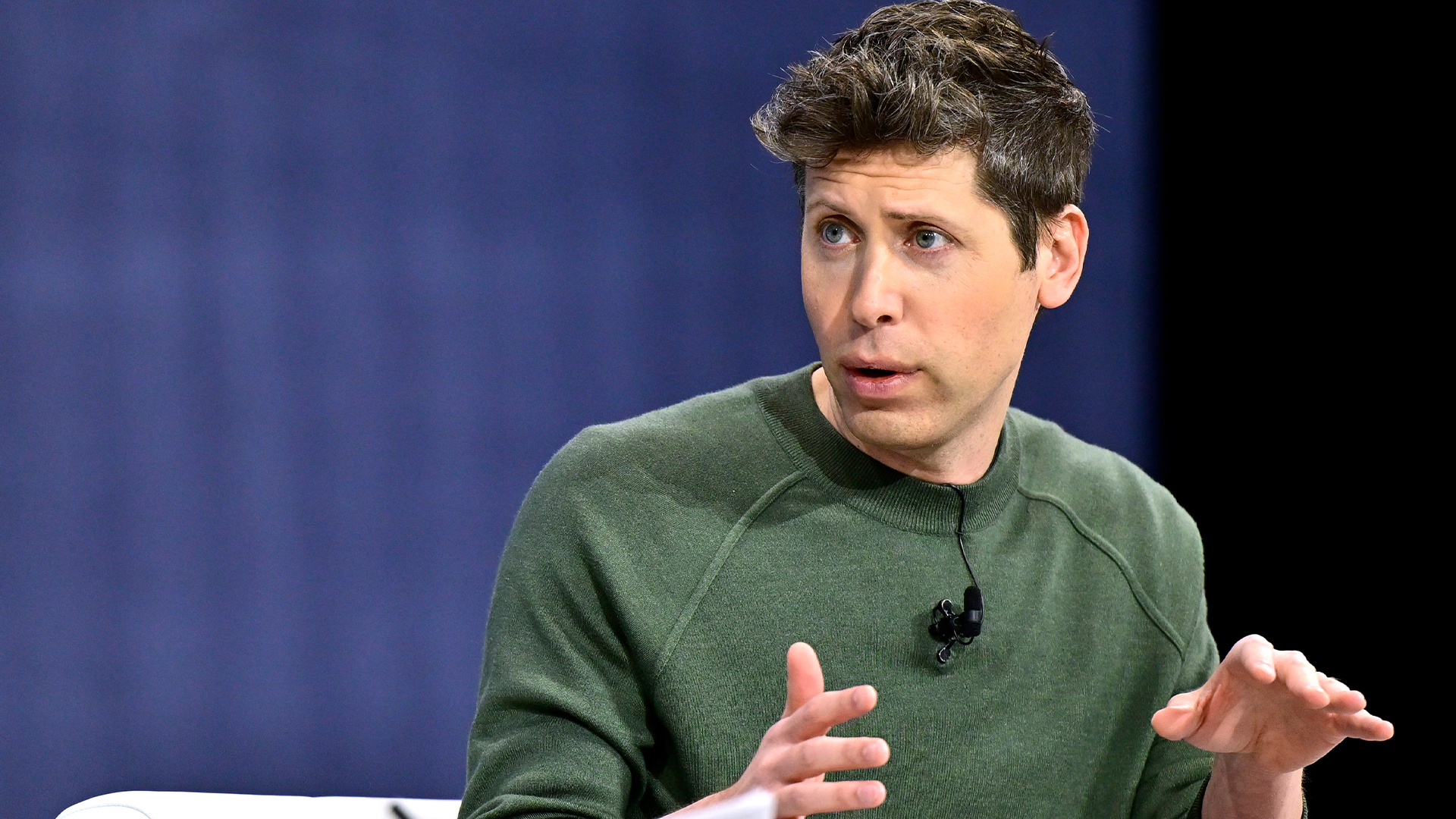 Report: OpenAI considered accusing Microsoft of anticompetitive behavior
Report: OpenAI considered accusing Microsoft of anticompetitive behaviorNews Negotiation tactics get tough between two previously tight partners, according to WSJ report
-
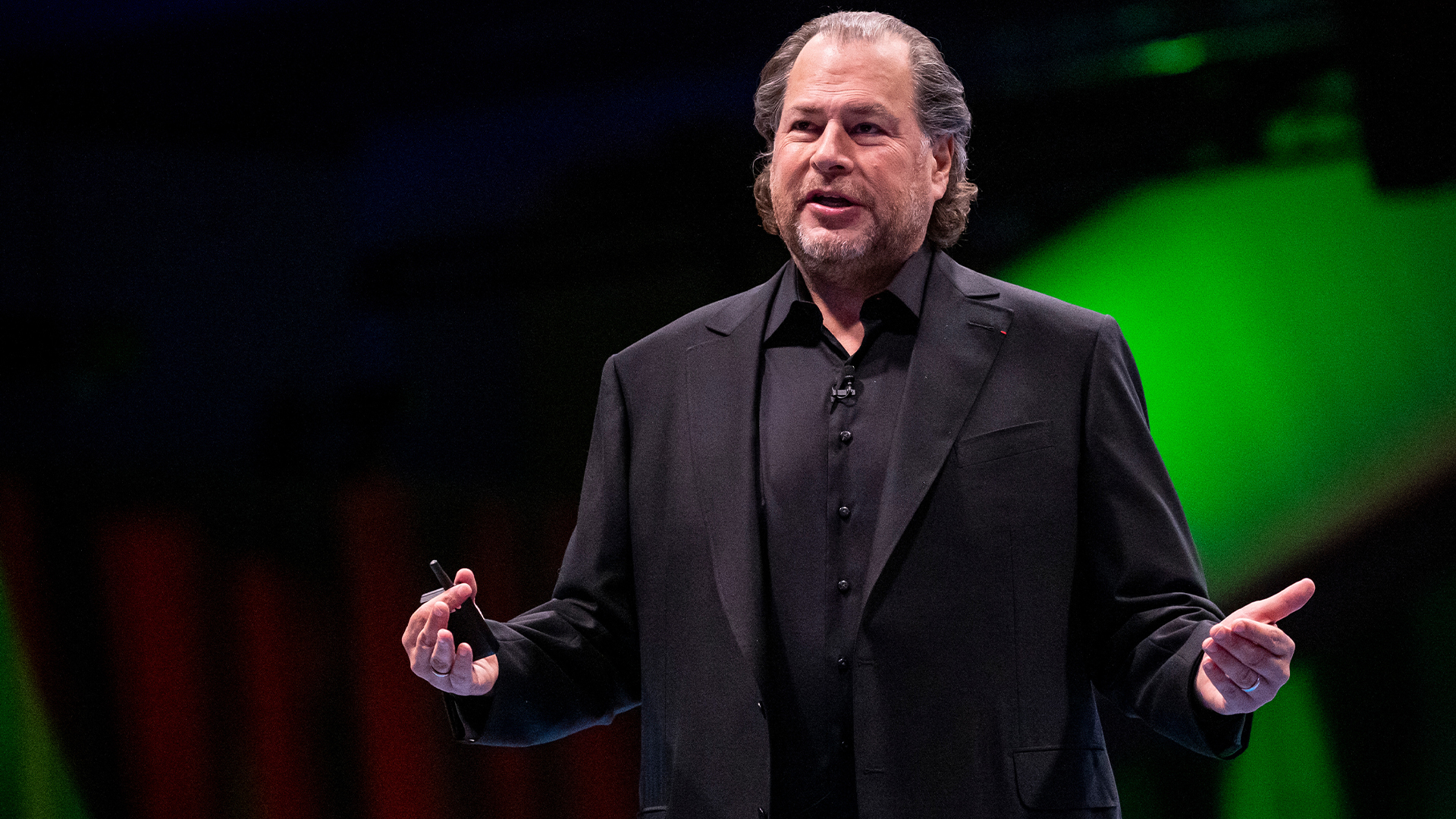 ‘You can see the horrible things that Microsoft did to Slack before we bought it’: Marc Benioff warns Microsoft could repeat 'pretty nasty’ Slack playbook with OpenAI amid frayed relationship
‘You can see the horrible things that Microsoft did to Slack before we bought it’: Marc Benioff warns Microsoft could repeat 'pretty nasty’ Slack playbook with OpenAI amid frayed relationshipNews Salesforce CEO Marc Benioff has claimed Microsoft did "horrible things" to Slack prior to its acquisition - and warned the company could be set to repeat its playbook with OpenAI.
-
 The CMA just dropped its probe into the Microsoft–OpenAI deal
The CMA just dropped its probe into the Microsoft–OpenAI dealNews The CMA has dropped its probe into the partnership between Microsoft and OpenAI, saying the deal doesn't give Microsoft a controlling interest over the AI firm.
-
 Google wants regulators to break up Microsoft's OpenAI deal
Google wants regulators to break up Microsoft's OpenAI dealNews Google has already been nipping at Microsoft’s heels in the European cloud market over competition concerns